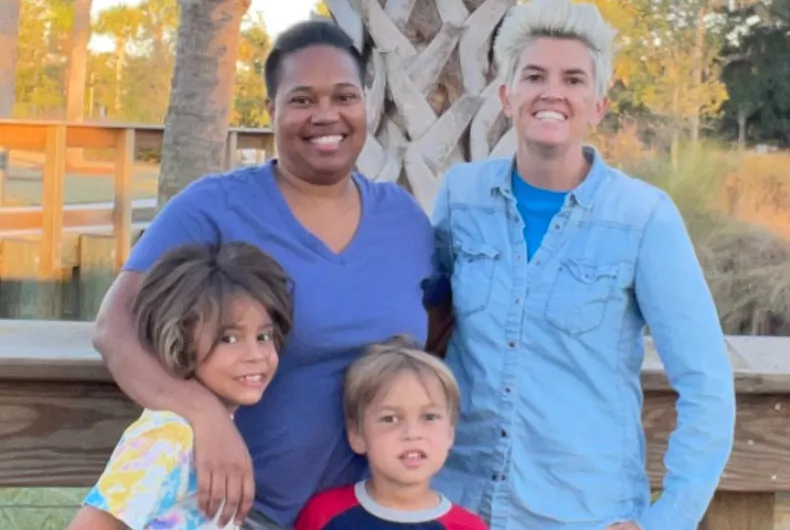Proposed Japanese Fertility Law Discriminates Against Lesbians, Single Women
A draft law that may be introduced in the Japanese parliament this month would prohibit doctors from providing fertility treatment to any woman who is not married to a man. The tentatively titled Bill on Specified Assisted Reproductive Technology, seen by Human Rights Watch, would outlaw artificial insemination and in vitro fertilization (IVF) for single women and lesbian couples. If passed, the law would legalize discrimination against single and lesbian women who wish to have a child.
Same-sex couples are not allowed to marry in Japan. In November, a Tokyo court upheld the country’s ban on same-sex marriage, citing the constitution’s definition of marriage as one between “both sexes.” In June, an Osaka court found the ban constitutional for the same reason. These rulings contrast with a March 2021 judgment in which a Sapporo court found the ban unconstitutional, describing it as “discriminatory treatment without a rational basis.” Despite the divergent decisions, the latest Tokyo ruling stated that Japan’s lack of legal protections for same-sex families violated their human rights and the Japanese constitution.
Until now, access to fertility services has not been explicitly banned for queer or single women.
Human rights activists Mamiko Moda and Satoko Nagamura had their son using donated sperm. In an interview with Human Rights Watch, Nagamura said:
“If this law had existed two years ago, we would not have our little boy. We want all women to be able to access their right to health care. Banning some of us won’t stop people from wanting a baby, it will just push it farther underground and make the process of acquiring sperm far more dangerous. This is not just an LGBT issue. It is a women’s health and safety issue.”
Japanese lawmakers should amend the bill to ensure equal access to fertility treatment for all women, regardless of their marital status, sexual orientation, gender identity, or gender expression. They should introduce anti-discrimination legislation prohibiting future health policies that prevent single women and lesbian, bisexual, and queer (LBQ+) couples from accessing reproductive treatments, and provide public information on paths to parenthood for queer and single women, including information on adoption and reproductive services. Finally, they should pass an LGBT-inclusive parental recognition bill that explicitly recognizes the legal parenthood of non-gestational lesbian parents.
